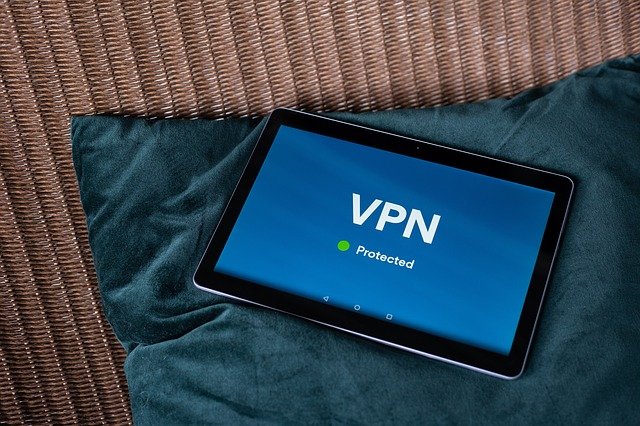Wireguard is an open-source secure tunneling VPN protocol. It is a Layer 3 secure network tunnel for IPv4 and IPv6 that uses “conservative modern cryptographic protocols.” Wireguard is designed to be a general-purpose VPN for running on embedded interfaces. Although Wireguard was initially intended for the Linux Kernel, it has now been implemented for Android, MacOS, and Windows. Indeed, there are more on wireguard protocol to discuss, but in the meantime, this article will give you an overview of what you need to know about Wireguard in the first place.
What is Different About Wireguard?
Developed by Edge Security founder Jason Donenfeld, Wireguard has been used in the security industry and works in offensive and defensive programs. It has developed methods to exfiltrate course equipment.
Donenfeld says: “When you’re in a network doing a red team assessment and penetration test, you want to be able to maintain persistence in the network for the duration of the assignment. You want to be able to exfiltrate data stealthily- so that you can avoid detection – and get the data out in a secure and undetected manner… “I realized that many of the same techniques I needed for secure exfiltration are perfect for a defensive VPN. So, WireGuard has a lot of these excellent stealth features built-in where you can’t scan for it on the internet…”
The result, which is based on Donenfeld, is a VPN tunnel much more reliable than its predecessors and based on new code, as opposed to what he describes as “technology that was obsolete in the 1990s”.
Why is Wireguard So Small?
One of Donenfeld’s primary goals in the Wireguard generation is to keep the code simple. He explains that his desire to keep Wireguard minimal and simple led him to develop protocol encryption with a “small implementation” with fewer potential exploits and vulnerabilities: “For example, each region of the protocol is fixed length, so we don’t need scanners. And if there are no parsers, then there are no parser bugs.” Donenfeld says that the important thing is that there is no encryption capability. It is part of the protocol, which makes it more secure than its predecessors. Another fascinating thing about Wireguard is the simple fact that it increases performance six times more than OpenVPN. Therefore, it is much easier to handle data-intensive jobs like streaming or high-definition gaming in theory.
Can Wireguard Implement Commercial VPN Client?
Although it has been formally confirmed due to its cryptographic design, it is not yet considered secure. It means that there is still a long way to go before you challenge OpenVPN. WireGuard developers recognize it: “Wireguard” is not yet complete. The security has not yet been adequately verified, and the protocol is still subject to change. Also, Wireguard cannot handle significant retail transactions because industrial VPNs need their API to manage the exchange of secrets with multiple servers around the world securely and efficiently. However, the dialogue about the integration of WireGuard into the Linux kernel project is exciting and shows that high hopes have been placed in this new VPN protocol.




